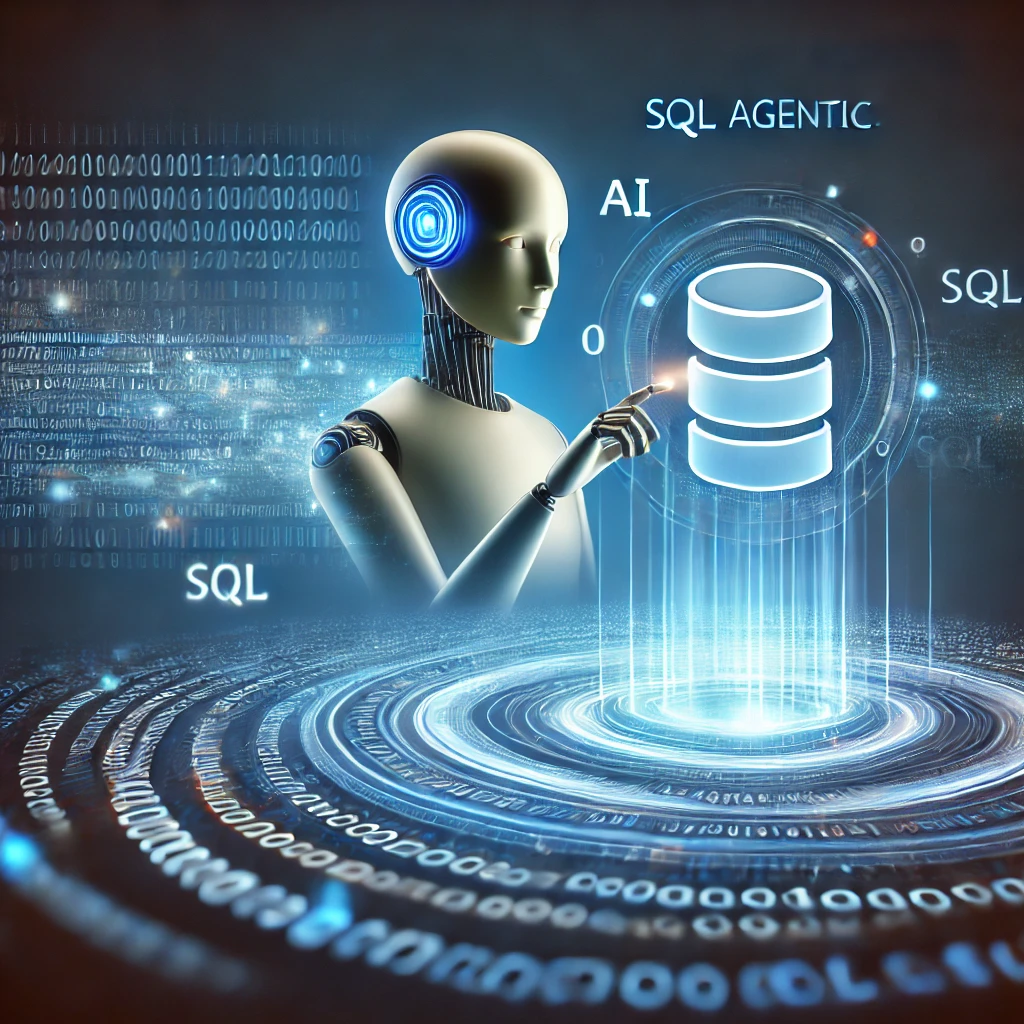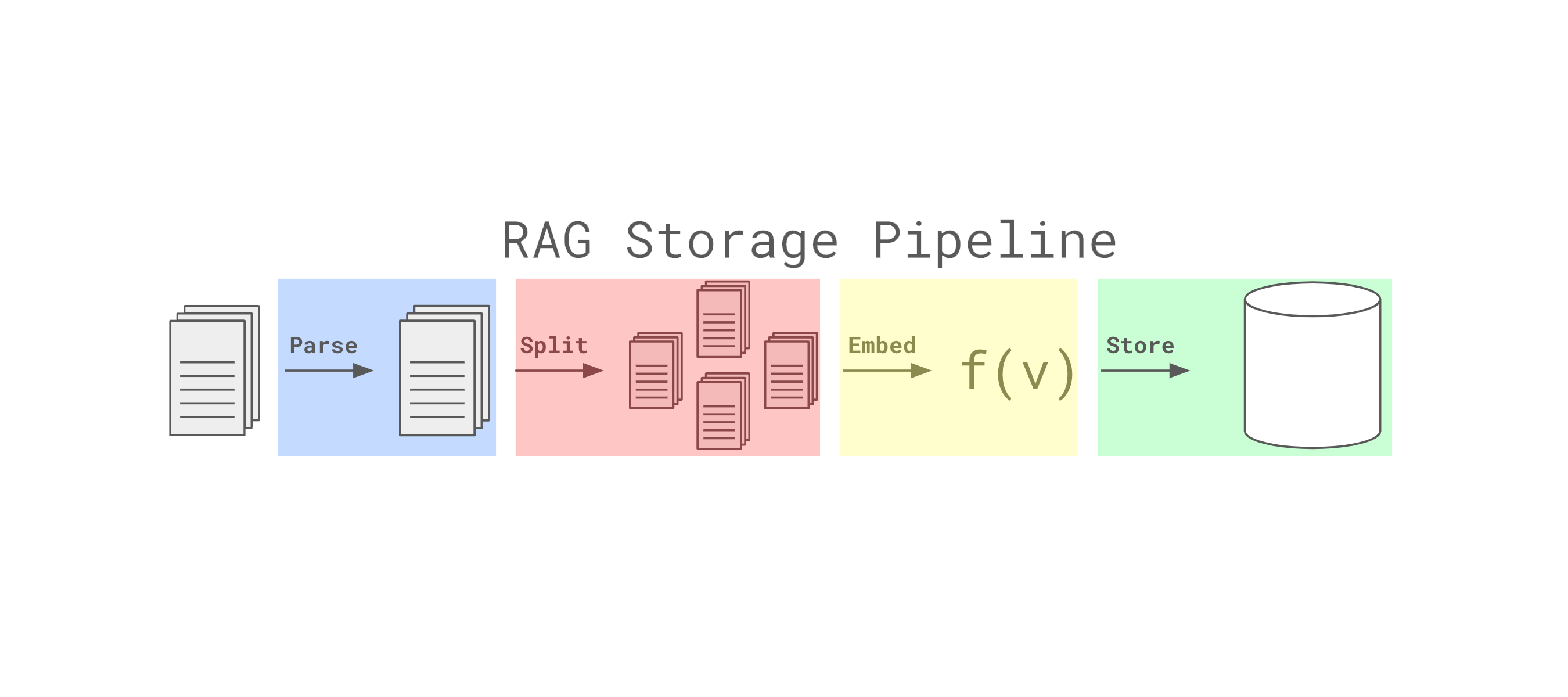· Luke Lalor (luke@augustdata.ai) · agents · 3 min read
SQL Generation: An Agentic Approach
Agentic SQL is a more adaptable and intelligent interface for database interactions.

SQL Agents: Advancing Database Query Interactions
In the ever-evolving landscape of database technology, a promising approach to SQL agents is emerging. This new method shows potential for significantly improving how we interact with databases. Let’s explore this technology and its implications for developers and data professionals.
The Approach: Agentic Flow and State Machine-like Conversation
The core of this new SQL agent is built on an agentic approach, coupled with a dynamic, state machine-like conversation flow. This design creates a more adaptable and intelligent interface for database interactions.
Agentic Approach and Evaluation Performance
The agentic approach allows the SQL agent to preview data responses and refine its queries accordingly. This capability essentially provides the agent with an opportunity to revise its answer after seeing partial results. While this leads to improved performance in evaluations, it’s important to note that this advantage should be considered when comparing different SQL agent technologies.
This approach not only enhances the agent’s accuracy but also its ability to handle complex queries and ambiguous requests, leading to more robust and reliable database interactions.
State Machine-like Conversation Flow
Building on the agentic approach, the agent operates in three primary states:
- Execute: When the agent has high confidence in understanding the required query, it proceeds with execution.
- Clarify: In cases of ambiguity, the agent requests additional information to refine its understanding.
- Respond: For straightforward inquiries, the agent can provide direct answers without executing a full query.
This state-based system allows the agent to adapt its behavior based on the current context of the interaction, ensuring efficient and accurate responses to user queries.
A Key Feature: Efficient Token Management
One of the more intriguing aspects of this SQL agent is its approach to token management. When working with other AI systems, the agent maintains a streamlined conversation history. It excludes unnecessary tokens from query generation and error parsing in the final response, leading to more efficient interactions.
Integration with GenAI Applications
The integration of this SQL agent with Generative AI applications presents interesting possibilities. It could enhance chatbots with real-time data access capabilities or improve content generation systems by facilitating fact-checking processes. However, it’s important to note that the effectiveness of these integrations will vary depending on the specific use case and implementation.
Future Directions and Considerations
Looking ahead, two main areas of development are being explored:
Query Decomposition: This involves breaking down complex queries into smaller, more manageable sub-queries. The use of Large Language Models (LLMs) to generate and combine these sub-queries is an area of active research.
Long-Term Memory: Work is underway to develop a system that allows the agent to learn and remember database structures and common queries over time, potentially optimizing performance with each interaction.
Conclusion
The development of this SQL agent technology represents a step forward in database interaction. Its adaptive nature, efficient token management, and the agentic approach show promise for improving how we work with databases. As with any emerging technology, careful consideration of its strengths and limitations is necessary when considering implementation.
As the field of AI and database management continues to evolve, approaches like this may play a significant role in shaping how we interact with data. The potential for more intuitive, efficient, and accurate database queries opens up new possibilities for developers and data professionals alike. However, it’s crucial to maintain a balanced perspective, recognizing both the potential and the challenges that lie ahead in perfecting these technologies.
The journey of SQL agents is far from over, and this agentic, state machine-like approach marks an intriguing chapter in that ongoing story. As development continues, it will be fascinating to see how this technology shapes the future of database interactions and AI-assisted data management.




